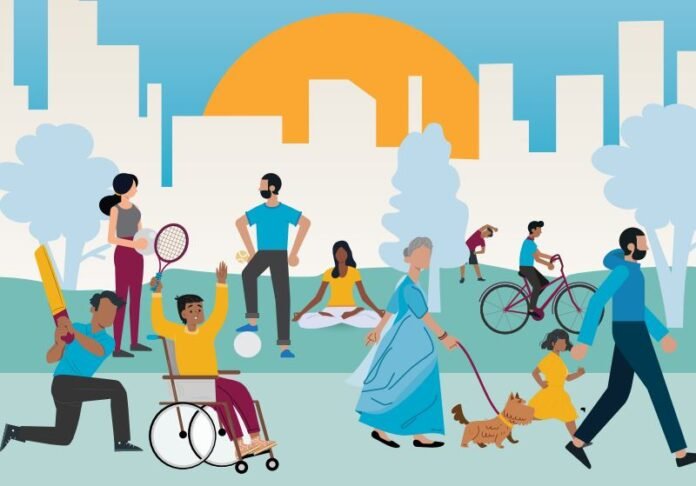Indians are leading the way in healthy ageing, with almost 50% of the population actively planning for it, according to a new report from Boston Consulting Group (BCG). That’s a big deal when you consider that only 12% of people worldwide are focusing on longevity and staying healthy as they age.
The report, released on Tuesday, highlights how India stands out among 19 countries surveyed, involving over 9,350 people. While the global population is ageing fast, Indians are taking charge. Nearly half are making lifestyle changes for healthy ageing, and a whopping 71% are turning to technology like apps and gadgets to stay active and live longer. This beats the global average of 55% hands down.
“India tops the list for prioritising longevity,” the report says. People here love natural remedies, wearable health trackers, and AI-powered health solutions. In fact, 25% of Indians are already using AI health tools – the highest rate worldwide. The country also ranks in the top three for wearable adoption, with 32% of respondents using fitness trackers or smart devices to monitor their health.
Parul Bajaj, Managing Director and Partner at BCG’s India Lead for Marketing, Sales, and Pricing, shared her insights: “The science of longevity is moving quickly, but globally, just 12% are planning ahead for healthier, longer lives. In India, it’s exciting – nearly 70% are adopting digital health solutions like wearables and apps, and one in four is using AI health agents. This tech-savvy approach puts India at the forefront of reimagining healthy ageing.”
Bajaj added that while challenges like affordability and accessibility persist, especially for lower-income groups, India’s digital-first mindset could turn the country into a global hub for healthy ageing innovations. “Longevity isn’t just about adding years; it’s about living them with energy, purpose, and independence,” she noted.
One interesting finding: Indians seem a bit more optimistic about food choices. Up to 25% viewed some unhealthy options as healthy or very healthy – that’s 5-7% higher than the global average. Plus, privacy concerns aren’t holding people back as much here, making digital health tools more appealing. Still, experts stress that making these solutions available to everyone is key to true progress in longevity planning.



